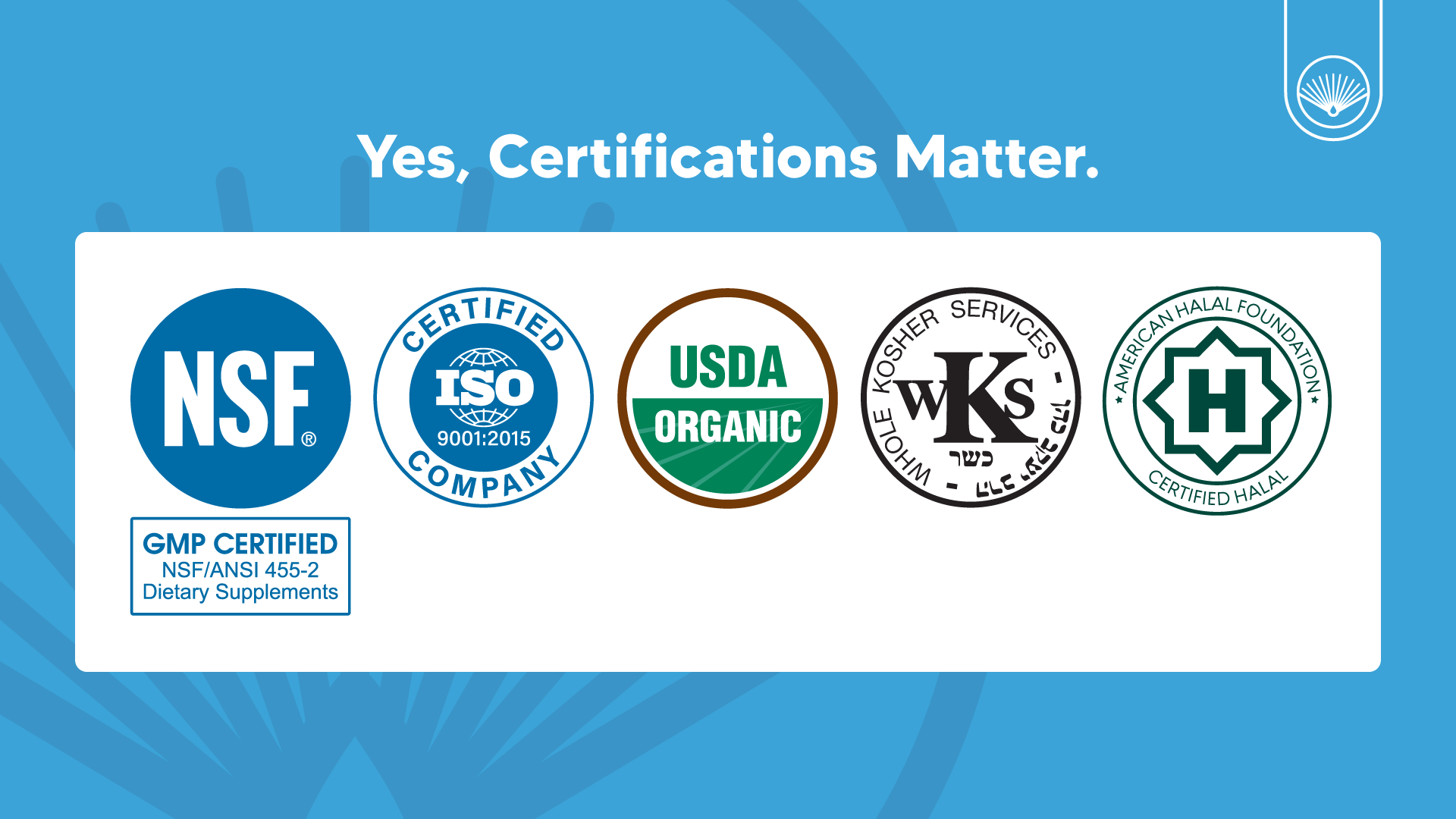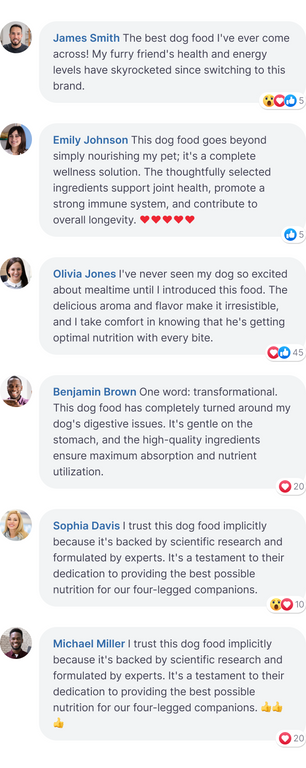Certifications & Standards - Why Transparency Wins
-

By Jeremy Amos
Published: Monday, Sept 22, 2025

Yesterday: The Wild West of CBD
The early CBD industry was exciting—but chaotic.
- No unified standards. Before the 2018 Farm Bill, hemp-derived CBD lived in a legal gray zone. Companies rushed to launch products, but quality control varied dramatically.
- Mislabeling and contamination. Independent studies (and multiple FDA warning letters) found products containing far less CBD than advertised, some with contaminants like pesticides or heavy metals. Trust was fragile.
- Consumer confusion. Without transparency, people didn’t know what they were getting - or whether it was safe.
Takeaway: Yesterday’s CBD market taught one lesson - without standards, consumer trust erodes.
Today: Certifications That Matter
Fast forward to today, and certifications are no longer “nice-to-have.” They’re the foundation of credibility.
1) cGMP (Current Good Manufacturing Practices)
- Overseen by the FDA.
- Ensures facilities follow strict protocols for cleanliness, consistency, and safety.
2) NSF/ANSI 455-2 (Dietary Supplements)
- Independent audit standard for dietary supplement GMP.
- Validates that products are produced to the highest safety and quality guidelines.
- ISO 9001: Quality management systems.
- ISO 17025: Testing laboratory competence.
- Critical for labs providing Certificates of Analysis (COAs).
4) USDA Organic
- Validates hemp was grown without synthetic pesticides or fertilizers.
- Increasingly requested by retailers and consumers.
- Provide additional assurances for specific consumer groups.
- Growing in importance for global markets.
Why It Matters
- Retailers require it. Big-box and specialty retailers won’t carry uncertified CBD.
- Consumers expect it. Informed shoppers scan for COAs, QR codes, and seals.
- Regulators are watching. Compliance with known standards lowers enforcement risk.
Tomorrow: Transparency Becomes Non-Negotiable
The future of CBD belongs to the brands that prove it.
- Mandatory standards ahead. Congress and FDA are actively exploring new CBD-specific regulations. Expect baseline requirements for manufacturing, testing, and labeling.
- Digital-first transparency. QR-coded COAs, blockchain traceability, and AI-driven quality dashboards will become standard.
- Global harmonization. Export-ready CBD brands will need to comply with overlapping U.S., EU, and APAC regulations. Certifications will be passports to global markets.
Takeaway: Tomorrow’s CBD market will not tolerate shortcuts. Transparency will separate leaders from laggards.
What This Means for Brands (and OBX)
At Open Book Extracts, True Transparency means:
- Manufacturing in cGMP-certified facilities.
- Audits by NSF/ANSI and ISO-accredited labs.
- Full-panel COAs on every batch, linked by QR code.
- Commitment to certifications like USDA Organic, Kosher and Certified Halal when sourcing allows.
Our promise is simple: If we can’t verify it, we won’t sell it.




